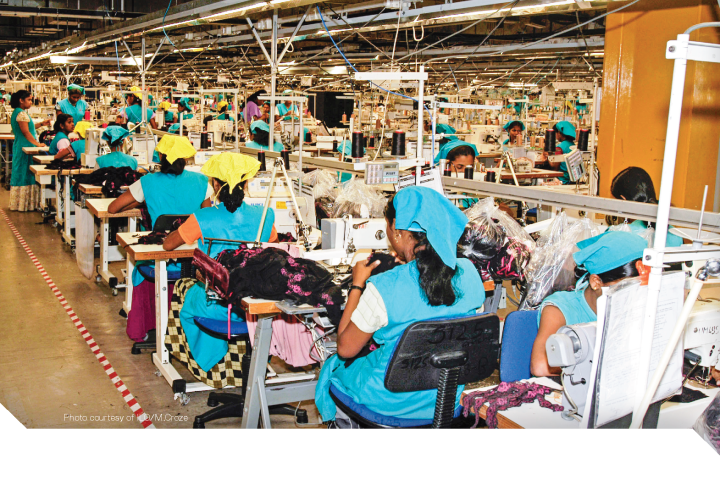
Recent Publication by Sarosh Kuruvilla: Shifting Modes of Labor Regulation in Global Supply Chains
Read Sarosh Kuruvilla's essay Shifting Modes of Labor Regulation in Global Supply Chains in Asia Policy 19.1.
Executive Summary
MAIN ARGUMENT
Asia is the global center of apparel production, with Bangladesh, Cambodia, China, India, Indonesia, Pakistan, and Vietnam all being major exporters. Since the 1990s, activist pressure in developed country markets has forced global apparel and footwear companies to adopt voluntary methods to ensure that their products are not made under sweatshop conditions. Companies developed codes of conduct for the first-tier factories in their supply chains and found ways to audit whether supplier factories were in compliance. However, this voluntary private-regulation model has not been adequate to alleviate labor and workplace concerns in global apparel supply chains. A shift from private regulation to public regulation—the beginning of which may be currently underway in the European Union with the recent introduction of mandatory due diligence legislation—may prove to be a more effective means of bettering labor rights and conditions.
POLICY IMPLICATIONS
- If the recent EU legislation allows global companies to be legally liable for violations of mandatory due diligence requirements regarding labor rights and conditions in supply chains, a sea change in worker rights and labor practices could occur.
- The new legislation would require global companies to adopt more responsible purchasing practices so that their practices are not responsible for labor violations.
- The EU legislation could have an impact on sourcing locations, as companies compete for locations that are more likely to provide institutional environments with lower risk of violations. Global suppliers would have a greater incentive to take the high road in terms of employment practices to obtain more business from European buyers. National governments in apparel-exporting countries may be motivated to improve enforcement of labor regulations.
Sarosh Kuruvilla is Professor of Industrial Relations and Asian Studies at Cornell University (United States). His interests focus on comparative labor relations, specifically economic development strategies and labor and human resource policies. He directs the Global Labor Institute at Cornell University, which is focused on empirical research on labor regulation in global supply chains with a view to improving the lives of workers.


